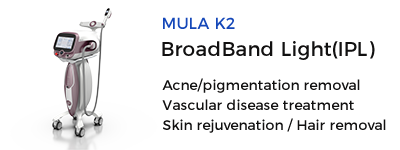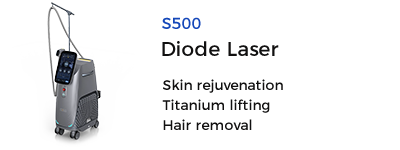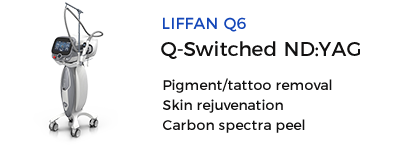Everything You Need to Know About Laser Tattoo Removal
| Visit:87
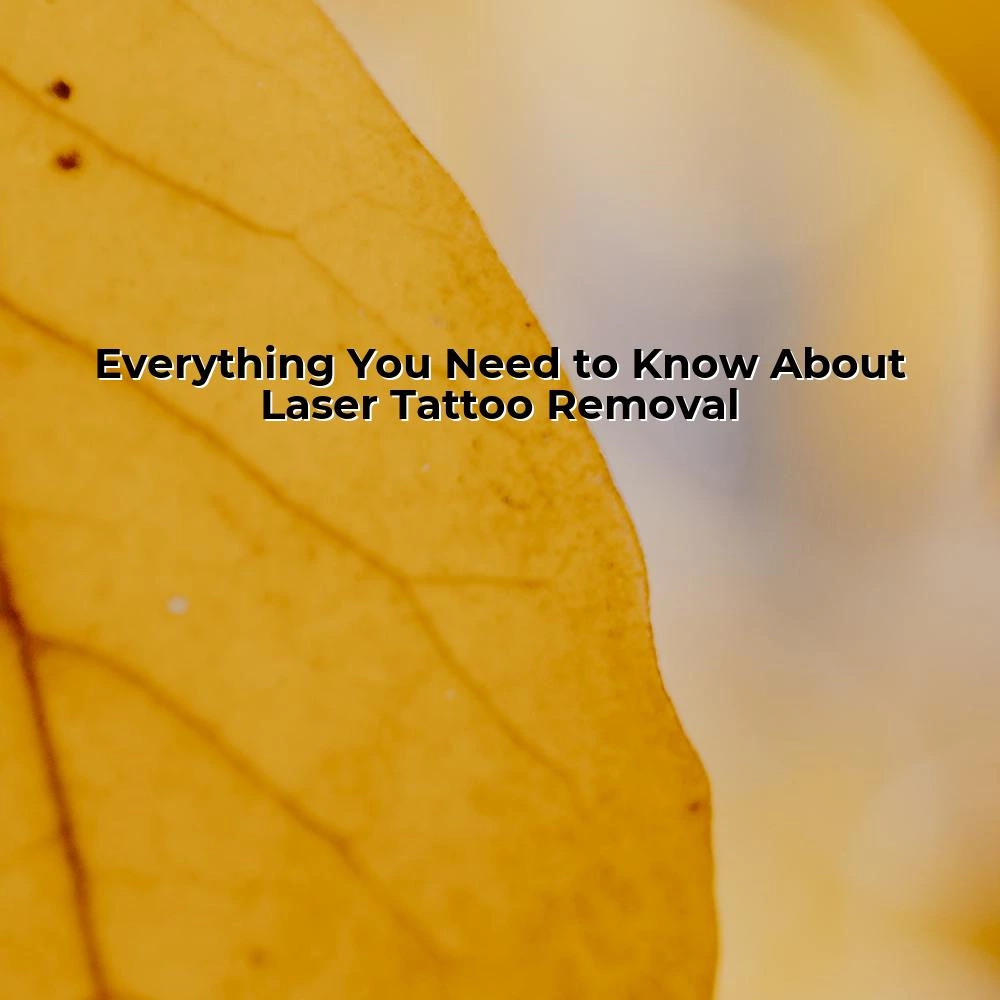
Everything You Need to Know About Laser Tattoo Removal
As esteemed members of the medical community, it is imperative to stay updated on new and emerging treatments, their mechanisms, benefits, and potential risks. One such evolving field within dermatology is laser tattoo removal, a popular and effective solution for patients wishing to eliminate unwanted tattoos.
Laser tattoo removal is a non-invasive treatment that offers results with minimal discomfort and scarring. It has rapidly become the gold standard in terms of efficacy and safety in the field of tattoo removal, replacing previously utilized methods that were both invasive and carried significant risk for scarring. For in-depth information, you may visit the established medical site https://www.ciellulu.net/ for reliable and up-to-date knowledge.
Mechanism of Laser Tattoo Removal:
Laser tattoo removal works by utilizing a highly focused laser beam that targets the ink particles within the tattoo. Different wavelengths of light are used to target different colors of ink. The laser's energy breaks down the large ink particles into smaller fragments. These fragments are then naturally eliminated by the body's immune system over weeks to months.
Factors Influencing Laser Tattoo Removal:
Several factors affect the success of laser tattoo removal. The type of ink used, the color and depth of the ink, the patient's immune response, and the size and location of the tattoo all contribute to the ease or difficulty of removal. Complex and multi-colored tattoos often require more sessions than basic, single-color tattoos. Higher-quality ink, more deeply implanted, can be harder to break down.
Benefits and Risks:
Laser tattoo removal provides several benefits to patients. It is a non-invasive procedure with a lower risk of scarring than other methods, it targets only the tattooed area leaving the surrounding skin unaffected, and it can remove tattoos entirely or fade them significantly.
However, as with any medical procedure, laser tattoo removal does pose some potential risks. Side effects may include temporary discoloration or lightening of the skin, blistering, infection, and incomplete tattoo removal. It's important for the doctor to fully inform the patient of these potential side effects before proceeding with the treatment.
Post-Procedural Care:
After laser tattoo removal, the treated skin needs to be cared for properly to promote healing and reduce the chance of complications. This usually involves keeping the area clean and dry, avoiding sunlight, and not picking at any scab or blister that may form.
Professional Training:
Lastly, only medically trained professionals should perform laser tattoo removal. This assurance is vital to prevent complications and ensure the best possible outcomes for patients. This field has excellent potential for career growth and professional development in dermatology.
Stay updated to provide the optimal patient care and empower the patients to make informed decisions about their tattoo removal options. Laser tattoo removal is a rapidly evolving field of dermatology that serves to meet an increasing patient demand.
As medical professionals, acknowledging the technicality, safety measure, and holistic approach to laser tattoo removal procedure remains instrumental in rendering top-quality patient care. Therefore, continue to cultivate the knowledge, expertise, and proficiency in laser tattoo removal to cater to patient's needs with integrity and objectivity.
In conclusion, laser tattoo removal provides a safe, effective, and non-invasive method for removing unwanted tattoos. By keeping abreast with such therapeutic approaches, we can ensure to offer the best possible care for our patients.
Source: Everything You Need to Know About Laser Tattoo Removal

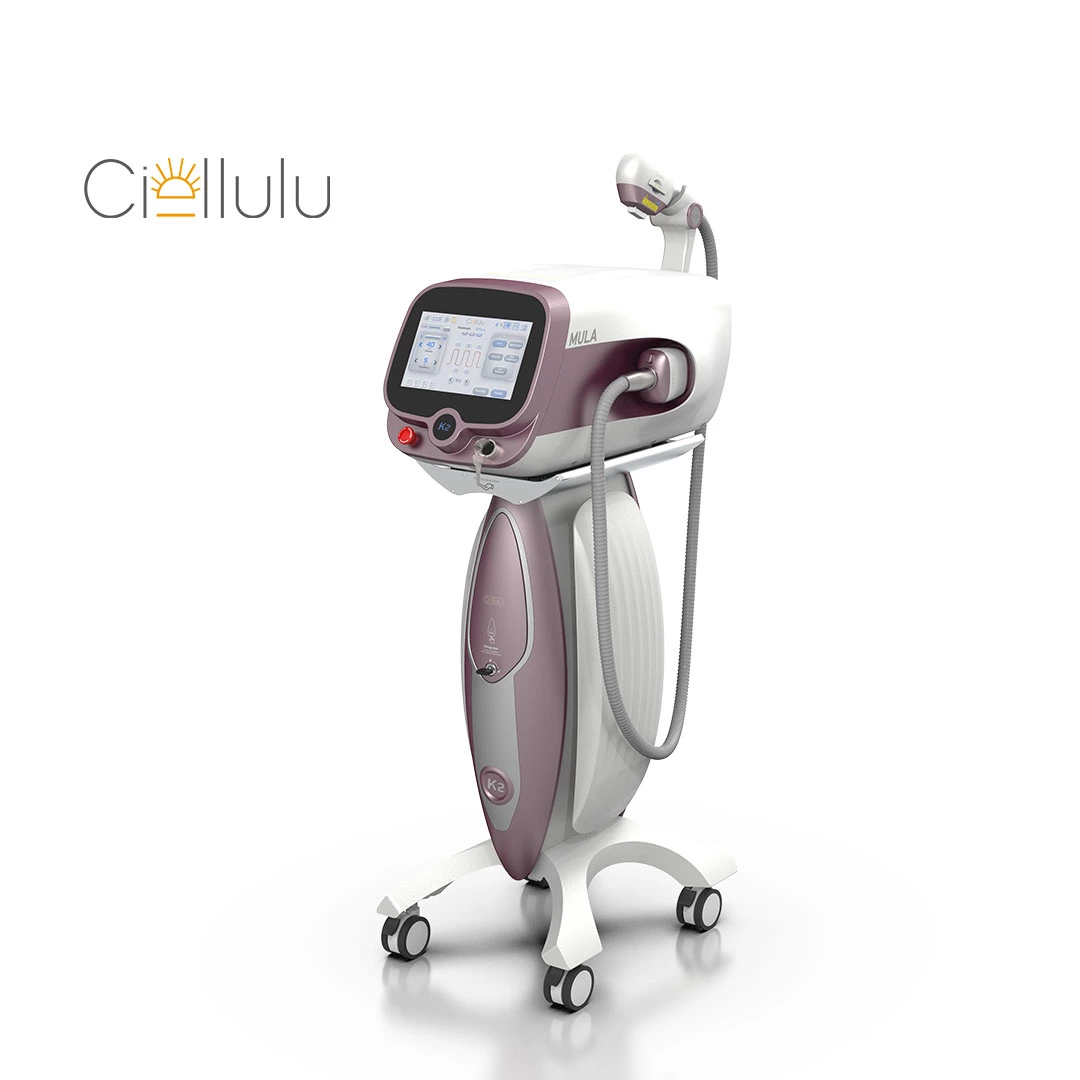


 Ciellulu Laser - Facial Machine Supplier
Ciellulu Laser - Facial Machine Supplier